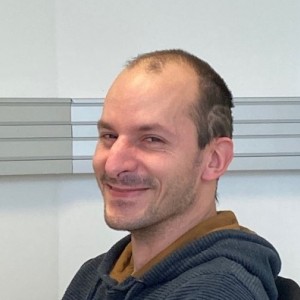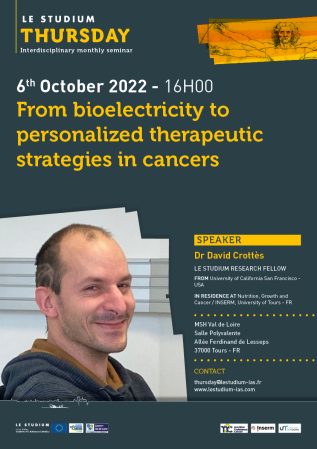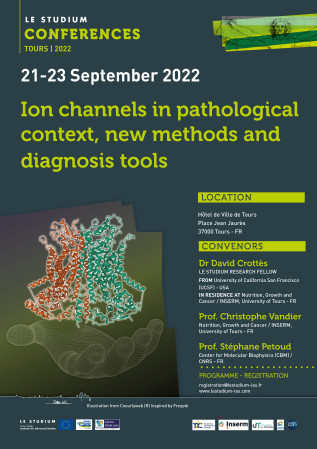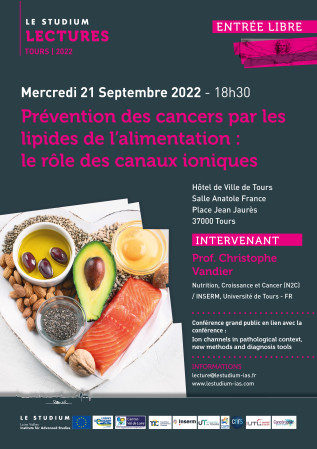David Crottès

From
University of California San Francisco (UCSF) - USA
In residence at
Nutrition, Growth and Cancer / INSERM, University of Tours - FR
Host scientist
Christophe Vandier
BIOGRAPHY
Born in December 1986, David Crottès has a long standing interest in the patho/physiological molecular function of ion channels with a special interest in particular research fields where the investigation of ion channels is still emerging such as cancer and immunity.
For his PhD training, David joined Dr. Soriani’s team at Institut Biologie Valrose (Nice, France) and investigated the role of a particular chaperone protein, Sigma-1 receptor, in the regulation of ion channels during carcinogenesis.
After graduating in 2014, he joined Pr. Lily Jan lab at University of California San Francisco, a worldwide leader in ion channels research. In Pr. Jan’s lab, David was given the opportunity to develop his own research project and investigate the contribution of chloride channels in oncogenic signaling pathways in pancreatic cancer cells.
PROJECT
Investigating the heterogeneity of the crosstalk between cancer cells and the tumor micro-environment using calcium profiling
Understanding interactions of cancer cells with their micro-environment is crucial to reduce tumor development and chemotherapy resistance. However, depending of the cancer type, the molecular nature of cancer cells and the composition of the microenvironment, the effect of the microenvironment on the cancer phenotype will be different.
Thus, it is important to document the sensitivity of cancer cells to their microenvironment in order to to define the most appropriate therapeutic strategy.
In this proposal, we aim to develop a methodology to interrogate the sensitivity of cancer cells to various elements of the tumor microenvironment. This method rely on the particular role of intracellular calcium as an essential second messenger. In cancer cells, variations of intracellular calcium concentration has been frequently observed in response to extracellular stimuli. Thus, we hypothesize that in response to molecules of the tumor microenvironment variation of intracellular calcium concentration is correlated with the associated cancer phenotype thus defining a calcium signature.
Here, in a panel of cancer cell lines representative of different cancers we will define the profile of intracellular calcium concentration and the cancer phenotype induced by a panel of molecules representative of the tumor microenvironment. Then, using machine learning methods we will build a classification of cancer cell lines according their sensitivity to elements of the tumor microenvironment and generate a model to predict the cancer phenotype of a cancer cell line from its calcium profile.
This original research project will improve our understanding of the heterogeneous relationship of cancer cells with their microenvironment. It will also provide proof-of-concept that calcium profiling could be predictive of the cancer phenotype induced by the microenvironment paving the way for the future development of a diagnosis tool.
Publications
Final reports
In this project, we hypothesized that the profile of calcium homeostasis could be indicate of the phenotype of the cancer cell. We aim to develop a workflow allowing to classify cancer cells according their profile of calcium responses. We generated a database of single cell calcium responses elicited by various molecules in a panel of colorectal and prostate cancer cell lines. Using unsupervised classification algorithms, we successfully develop a model defined several profiles of calcium responses. Using this model, we were able to distinguish the origin of cancer cells.
These results suggest that calcium profiling could be an effective tool to discriminate different sub-populations of cancer cells. Further experiments will be required to develop and improve this model.
|
|



